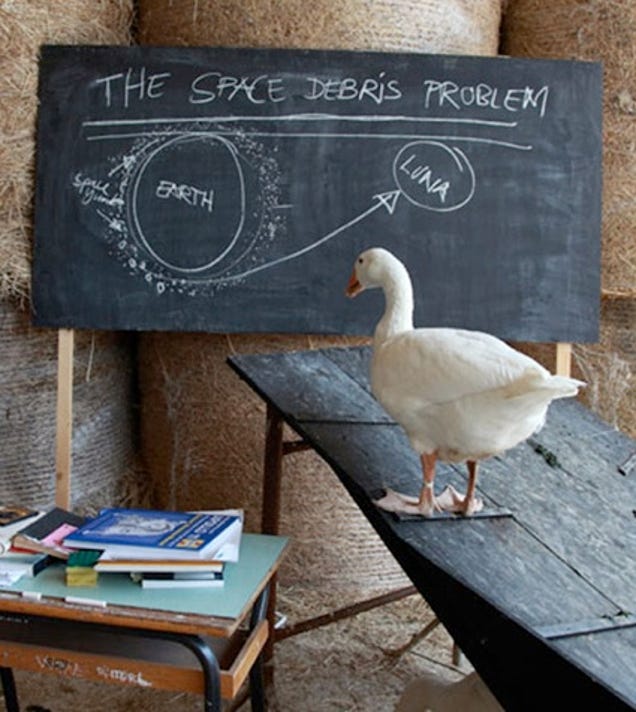moongoose
v0.0.5
Published

Downloads
1,906
Readme

Q: Why do people use mongoose?
Here are some of the benefits:
- You can execute commands right away without having to wait for
mongo.connect() - You get schema validation
- You can create synthetic joins via populate
However, there are some potential downsides:
- Mongoose is global object - causing potential conflicts
- Mongoose can be very slow with all the getters, setters and whatnot
- the
lean()options ends up being slower than native - It can be difficult to understand what is going on behind the scenes
- The schema is non-standard
Moongoose to the rescue
- Just over 100 LOC - simple wrapper around native
- No need to wait for connection before executing commands
- Efficient
populatefor streaming and findOnes - Validation with JSON schema
- Acts global but can be cloned for ringfencing different instances
Examples
Example: fetching data
var moongoose = require('moongoose');
moongoose.connect('mongodb://localhost:27017/test');
// Find one record and populate
moongoose.collection('test')
.findOne({})
.populate('org_id','orgs')
.then(console.log);
// Find all record, populate and stream
moongoose.collection('test')
.find()
.populate('org_id','orgs')
.stream()
.pipe(...);
// Find all records, poopulate and capture into array
moongoose.collection('test')
.find()
.populate('org_id','orgs')
.toArray()
.then(console.log)Example: save a record with validation
var test = moongoose.collection('test',{
schema: {
additionalProperties: false,
properties: {
answer: {type:'boolean'},
fail: {type:'boolean'}
}
},
validate : function(data) {
if (data.fail)
throw 'Failed custom validation';
}
});
// This successfully save the record - junk is removed in validation
test.save({
answer: true,
junk: 'this gets removed'
})
.then(d => console.log(d.ops[0]),console.log);
// This fails validation and is not saved
test.save({
answer: 'not a boolean'
})
.then(d => console.log(d.ops[0]),console.log);
// This passes json-schema validation but fails custom validation
test.save({
answer: true,
fail: true
})
.then(d => console.log(d.ops[0]),console.log);